While the Hebrew language was revived and modernized for everyday use by Eliezer Ben Yehuda and others at the end of the 19th century, it has unified Jews for centuries.
In the Diaspora, most of the world’s Jews replaced Hebrew as their spoken language. Living among or alongside other nations, Jews either adopted the local vernacular or created a language by fusing the local tongue with elements of Hebrew (Yiddish and Ladino, for example).
After the destruction of the Second Temple in 70 C.E. and the resulting growth of the Jewish Diaspora, an entire body of Hebrew literature expressed a yearning for Jews to return to the Land of Israel. Examples are found in many of the prayers used in the daily Jewish service.
In more recent years, especially after the birth of the State of Israel and the revival of Hebrew into a modern, spoken language, a wide variety of poets, novelists and other writers have contributed to the ever-expanding canon of Hebrew literature. Unlike the yearning to return to the Land of Israel expressed by early Hebrew writers, Hebrew literature has become representative of a wide variety of themes and motifs relating to Jewish and Israeli life.

Lithuanian-born Schapira was a math professor at the University of Heidelberg. He first proposed creating what became the Jewish National Fund to purchase and develop land in Palestine. At the First Zionist Congress in 1897…
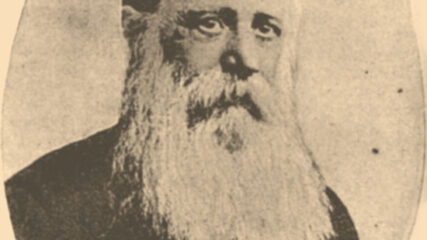
A scholar and author born in Lithuania, Lilienblum embraced the Hibbat Zion (Lovers of Zion) movement in Russia after the pogroms of 1881 and served as secretary of an Odesa committee on Palestine settlement. His…
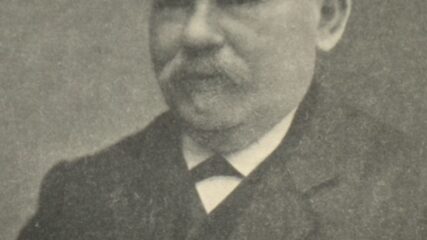
A Belarus native, Levin was a Jewish Enlightenment poet who wrote in Hebrew on socialist themes. Concerned with Jewish lives in Russia, Levin wrote one of his most famous poems, “Daniyel be-gov ha-arayot” (“Daniel in…
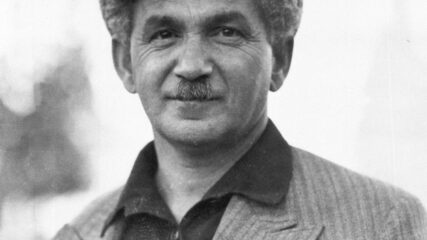
Belarus-born Katznelson co-founded the Histadrut labor federation and advocated for labor unity to uplift Jewish workers and small landholders. Immigrating to the Land of Israel in 1909, Katznelson became involved in labor councils. He helped…
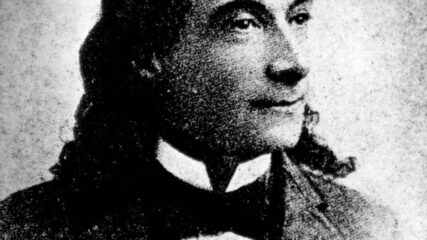
Born in Ukraine, Imber moved to Palestine in 1882. Trained as a watchmaker, he instead became a Hebrew poet. His first poetry collection, which he published in Jerusalem in 1886, included “Tikvateinu” (“Our Hope”), which…
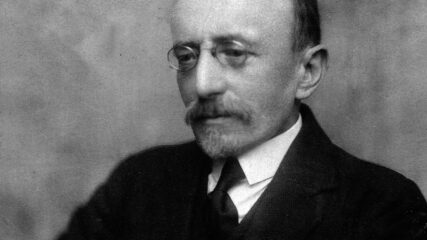
Born in Ukraine, Ahad Ha’am joined Hovevei Zion (Lovers of Zion) in Odesa and attended the First Zionist Congress but opposed political Zionism. He preferred cultural Zionism, creating a Jewish cultural center in Palestine as…

Feiwel was born in Moravia, now in the Czech Republic. He co-founded the Jewish People’s Voice in 1897 and the Jiidischer Verlag publishing house in Berlin in 1902 and served as the editor of Theodor…

“Israeli Culture and Society: 1880-Present” Eli Sperling, Emory University, Spring/Fall 2019 Upon its inception, Zionism needed more than political and financial solutions to actualize a Jewish home in Palestine. It was necessary for the architects…
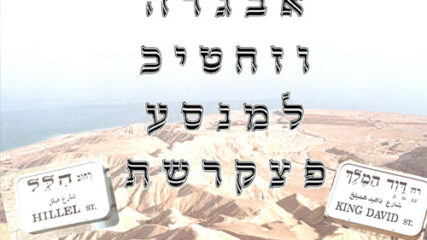
CIE has compiled the following list of books and articles, including some available on our website, to guide understanding of Israeli literature and the evolution and adoption of the modern Hebrew language. Books Aberbach, David….
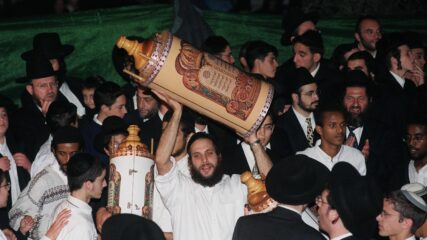
The Parashah Hashavuah is the weekly portion of the Torah, the five books of Moses, read by Jews throughout the world each Sabbath and on specific holidays. Here you will find a d’var Torah (commentary)…
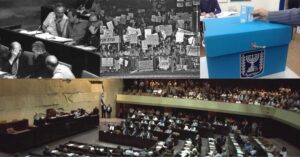
Explore the connections between the self-reliance, resilience, and democratic local self-governance Jews developed and nurtured in the Diaspora and the institutions and systems that define the complex parliamentary democracy of the State of Israel and the role of nongovernmental organizations.
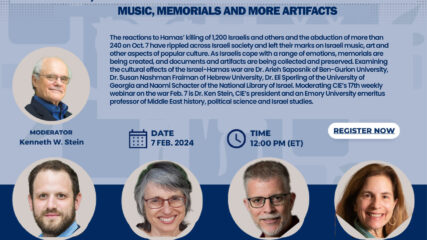
The reactions to Hamas’ killing of 1,200 Israelis and others and abduction of more than 240 on Oct. 7 have rippled across Israeli society and left their marks on Israeli music, art and other aspects…

Compiled by the Center for Israel Education – June 2023 Tens of thousands of Hebrew literary works have been published since the late 18th century. This list of Hebrew literature in English is suggestive and…
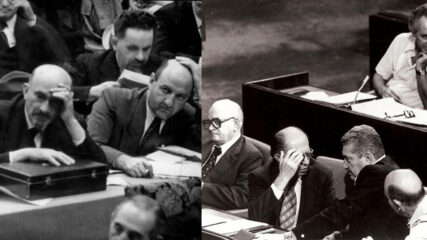
להיות עם חופשי בארצנו Zionism’s two part history, Early History to 1897 and Zionism 1898 to 1948 Where has Zionism succeeded? What remains incomplete or unfinished? Finished or well-shaped results of Zionism Unfinished results…
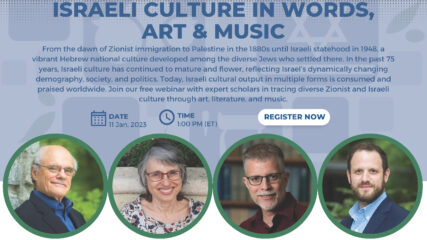
In this 45-minute video recorded Jan. 11, 2023, scholars of Jewish, Zionist and Israeli art, music and culture discuss how culture not only was a fundamental part of the effort to build a safe Jewish homeland, but was for many the reason behind the modern State of Israel. Featured are Dr. Arieh Saposnik, an associate professor at Ben-Gurion University of the Negev; Dr. Susan Nashman Fraiman, an instructor at the Hebrew University of Jerusalem; and Dr. Eli Sperling, an Israel Institute teaching fellow at the University of Georgia. Moderating the conversation is Center for Israel Education President Dr. Kenneth Stein, professor emeritus of Middle Eastern history and political science and Israel studies at Emory University. This webinar is part of CIE’s Israel@75: A Yearlong Exploration project.
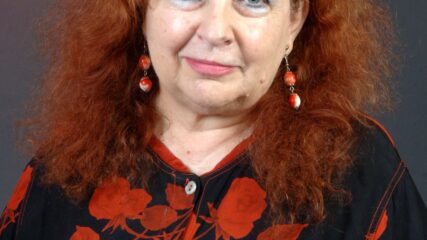
Born in Petah Tikvah to German Jewish immigrants, Almog is considered one of the most important writers in Hebrew literature. Trained as a teacher, she published her first story in 1967 and first novel, The…
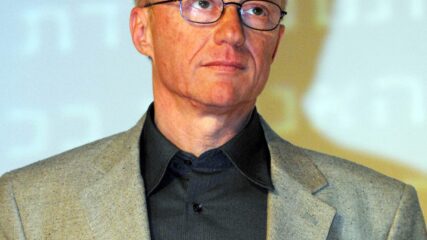
A Jerusalem native, Grossman is one of Israel’s most prolific and most acclaimed writers. His books have been translated into more than 30 languages. His 2017 novel, “A Horse Walks Into a Bar,” received the…
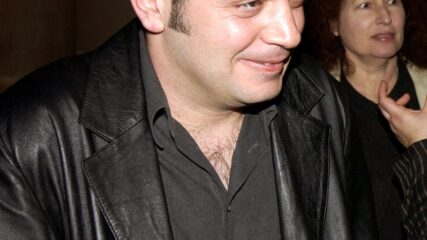
Kashua is a Palestinian-Israeli author and columnist born in Tira in Israel’s Arab Triangle. He attended the prestigious Israel Arts and Science Academy boarding school in Jerusalem. Writing mostly in Hebrew about being an outsider…
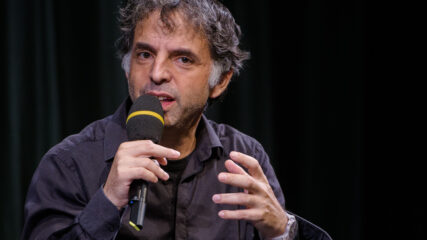
Born in Ramat Gan to Holocaust survivors from Poland, Keret is internationally renowned for quirky, darkly humorous short stories, novels and screenplays exploring such themes as love, death, morality and the meaning of life. His…

Known by the acronym Shai, Agnon became Israel’s first Nobel laureate when he received the literature prize in 1966. No other Hebrew writer has won the Nobel in literature. Born in Galicia, now part of…
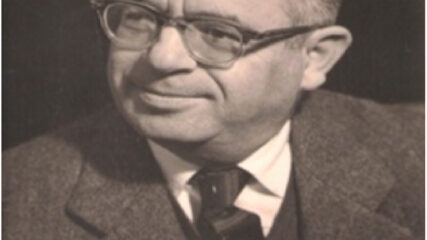
A Jerusalem native, Alcalay was a lexicographer best known for his “The Complete Hebrew-English Dictionary,” which was popular for its colloquial style. He also wrote “The Hebrew Lexicon of Foreign Words and Phrases.” He was…
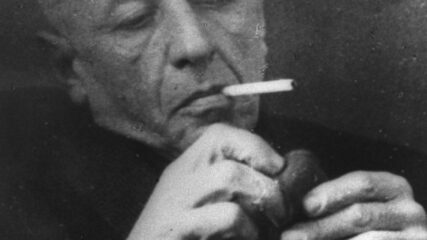
A Warsaw native who moved to Tel Aviv as a teen, Alterman was a playwright, poet, journalist and translator who influenced Labor Zionism and socialist Jewish policies despite never holding political office. He opposed martial…
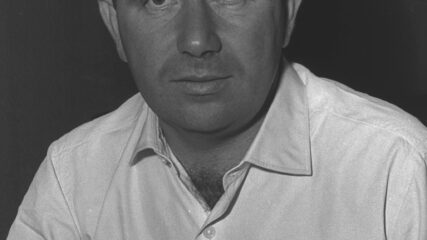
Born in Germany, Amichai immigrated to Mandatory Palestine in 1935 and became one of Israel’s best-known poets and the poet laureate of Jerusalem. He fought for the British in World War II, then with the…
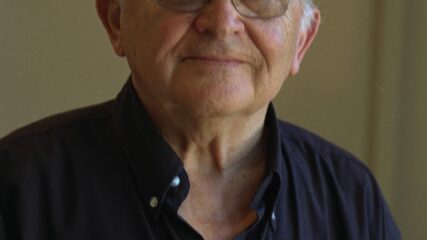
Born in a part of Romania that is now in Ukraine, Appelfeld was a writer and professor who survived the Holocaust as a child after escaping a concentration camp. He reached the Land of Israel…























